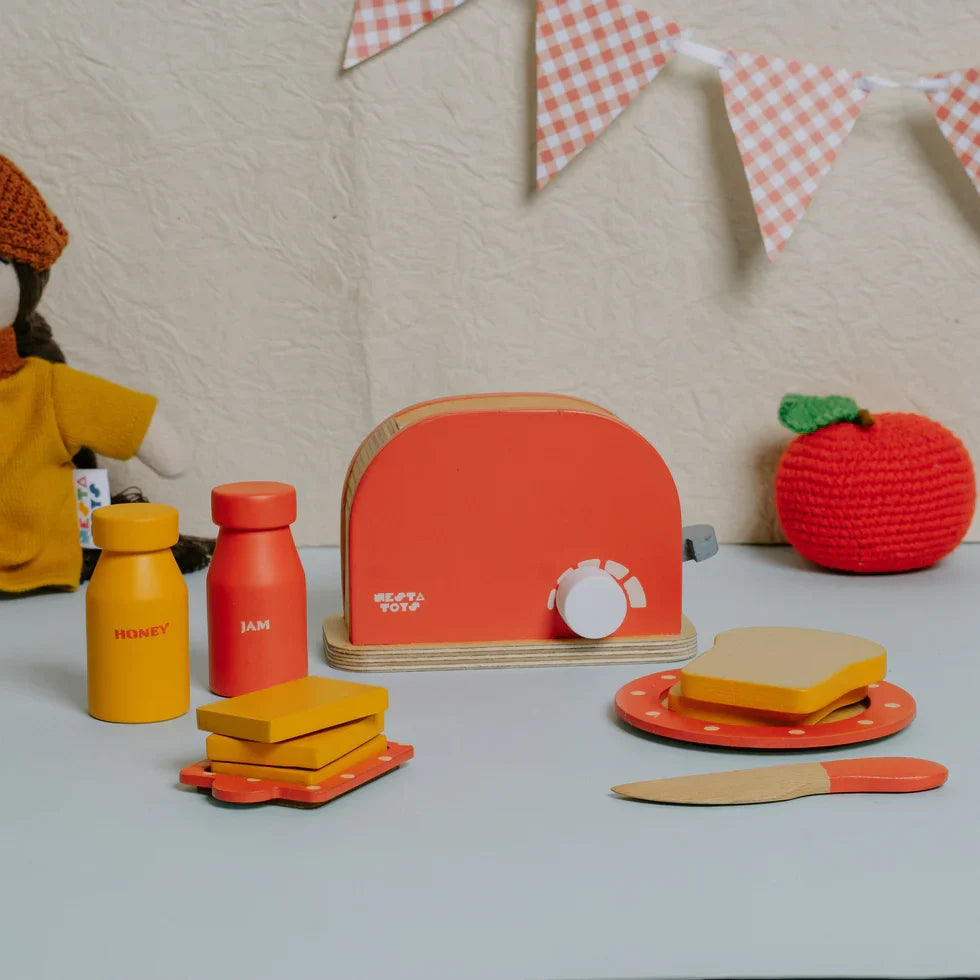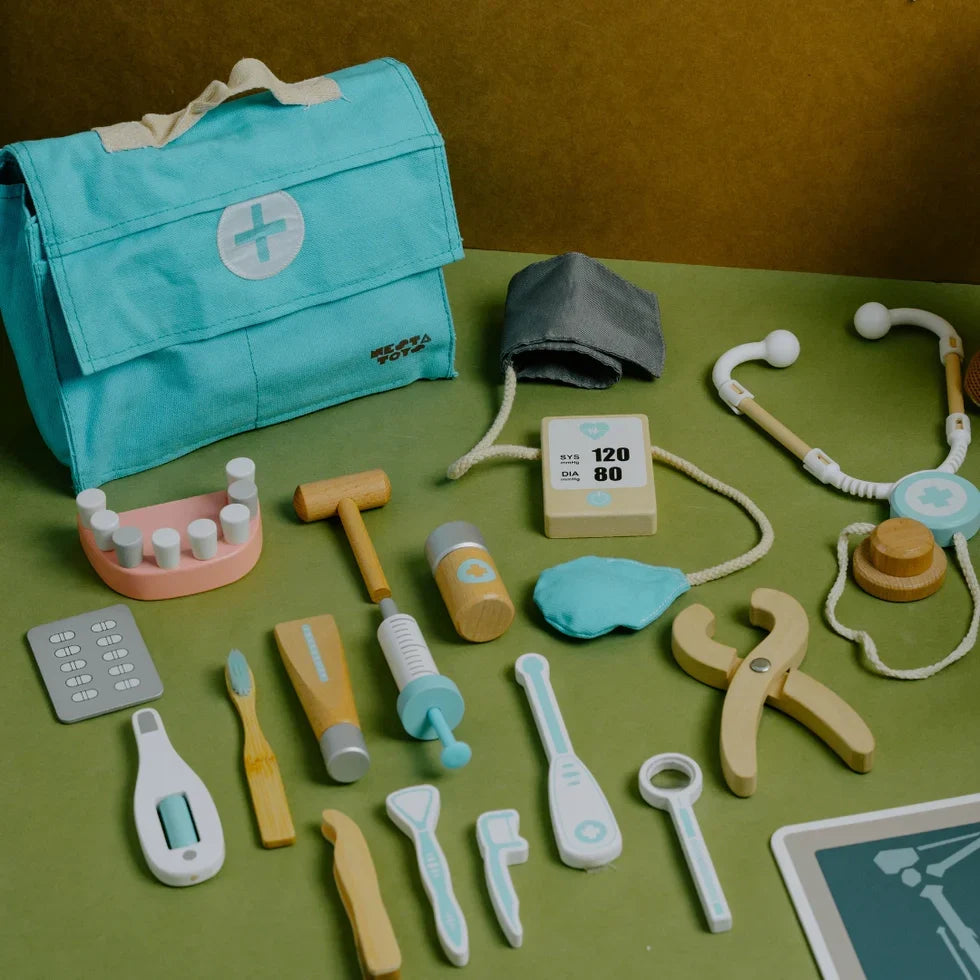Puzzle play is a popular and enjoyable activity for children of all ages. It involves piecing together various shapes and sizes to form a complete picture, object or pattern. Puzzle play is not just a fun pastime; it also offers numerous benefits to children's development. In this blog post, we will explore the five key things that children gain from puzzle play.
- Cognitive Development
Puzzle play promotes cognitive development in children by challenging their problem-solving and critical thinking skills. As children work on puzzles, they learn to identify and match shapes, colors, and patterns. They also develop spatial awareness as they try to fit the pieces together. The act of solving a puzzle also requires patience and persistence, which help children build their focus and attention span.
- Fine Motor Skills
Puzzle play is an excellent way to develop fine motor skills in children. As they manipulate the puzzle pieces, children learn to use their fingers and hands in a coordinated manner. They also develop their hand-eye coordination and finger dexterity, which are important skills for everyday tasks such as writing and buttoning clothes.
- Language and Vocabulary
Puzzle play can also promote language and vocabulary development in children. As they work on puzzles, children often talk about the shapes and colors of the pieces. They also learn to express themselves through the pictures they create. Parents and caregivers can use puzzle play as an opportunity to introduce new vocabulary and encourage conversation.
- Social and Emotional Skills
Puzzle play can be a social activity, especially for younger children who may need help with the puzzle. As children work together to solve the puzzle, they learn to communicate and collaborate effectively. This can help them build social and emotional skills such as empathy, teamwork, and communication.
- Confidence and Self-Esteem
Puzzle play can also help children build confidence and self-esteem. As they solve puzzles, children feel a sense of accomplishment and pride in their abilities. This can boost their self-esteem and encourage them to tackle more challenging tasks. Additionally, puzzle play provides a safe and supportive environment for children to take risks and make mistakes, which is an important part of learning and development.
In conclusion, puzzle play offers numerous benefits to children's development. It promotes cognitive development, fine motor skills, language and vocabulary, social and emotional skills, and confidence and self-esteem. Parents and caregivers can encourage puzzle play by providing a variety of age-appropriate puzzles and creating a supportive and engaging environment for children to explore and learn.









